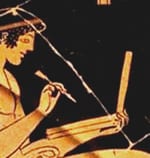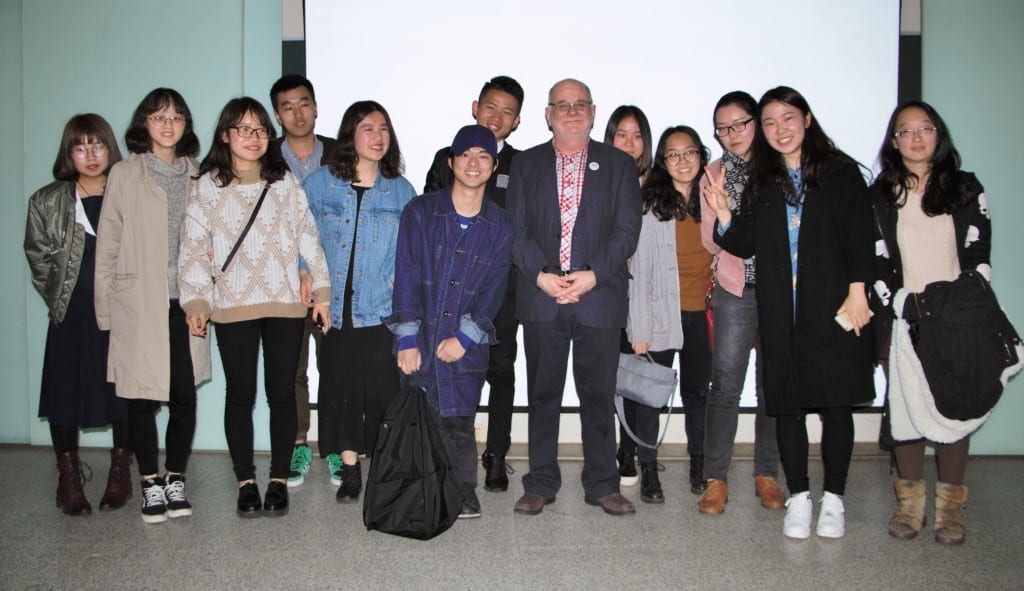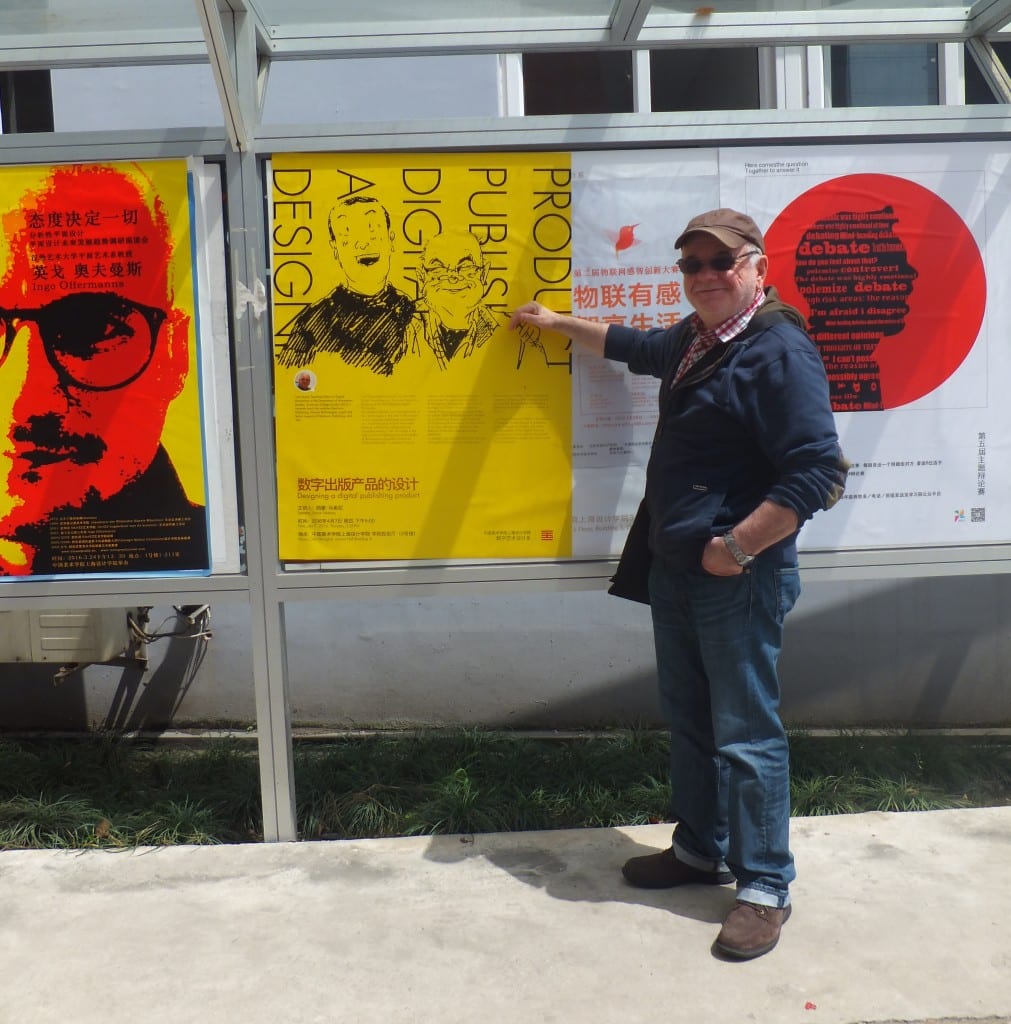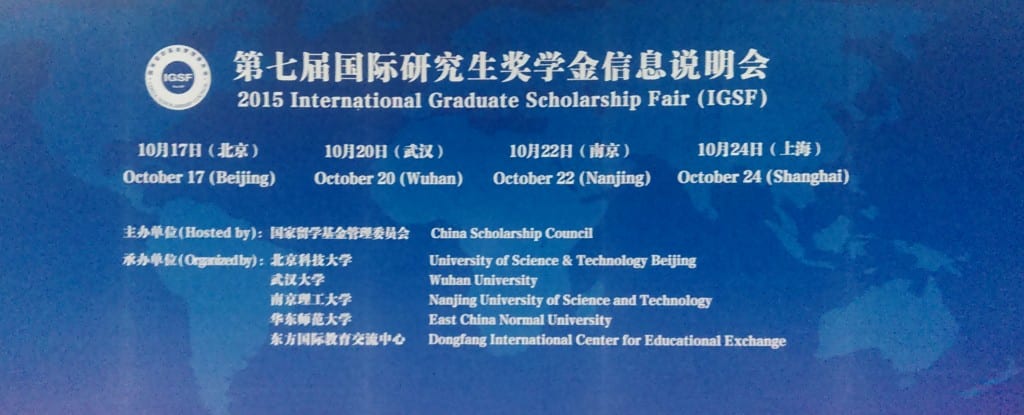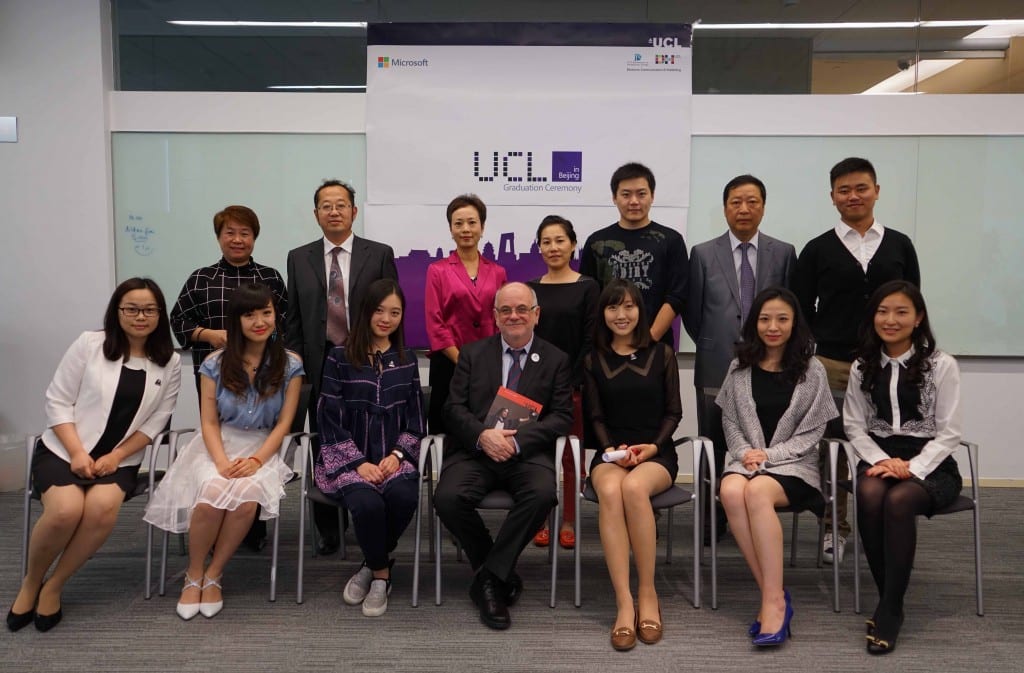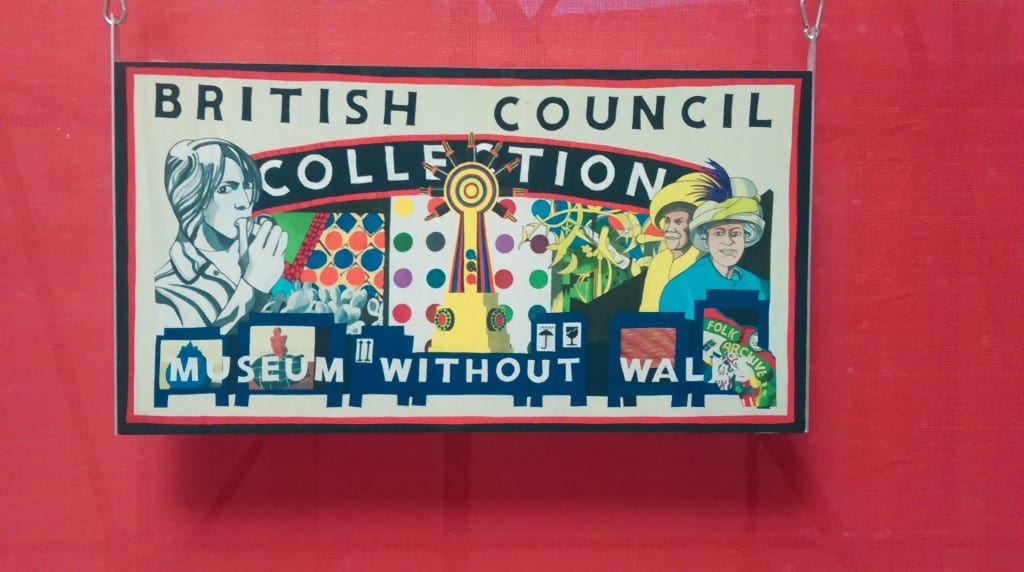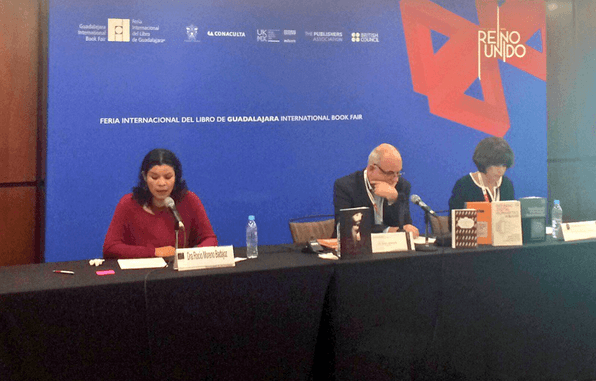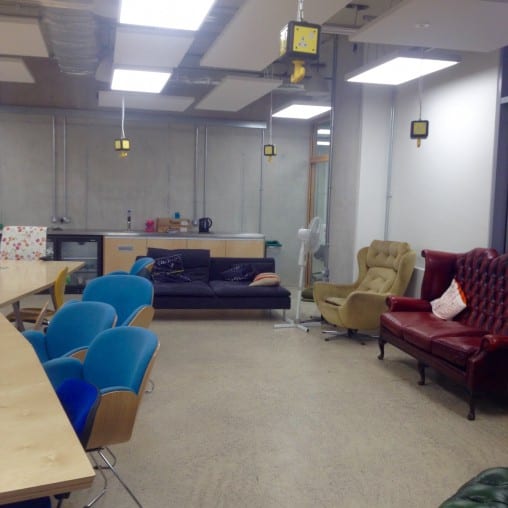Digital Publishing workshop at the Shanghai Institute of Design
By Simon Mahony, on 24 January 2017
I was back in Shanghai again at the close of 2016 to follow up my earlier guest lecture at the Shanghai Institute of Design with a week long workshop. They have a Master’s level programme on Digital Publishing in the Department of Digital Publishing and Exhibition Design but with little Faculty expertise on the web or Internet. After discussion with the Institute’s President and the Programme Convenor we decided on the title, ‘Getting over the Great Wall’, where I would cover the history and development of the Internet, cultural influences on design, publishing online, accessibility and usability design, and information design (it is the Institute of Design). This would be finished off with student presentations of their projects: to design a digital product (for the web or mobile device) that in some way brought together aspects of cultural difference. The cultural differences could be within China itself as none of the students had traveled outside China. The first task was to ban Flash and Dreamweaver and explain why this was the case!
This workshop, of course, also afforded the opportunity to showcase UCL.
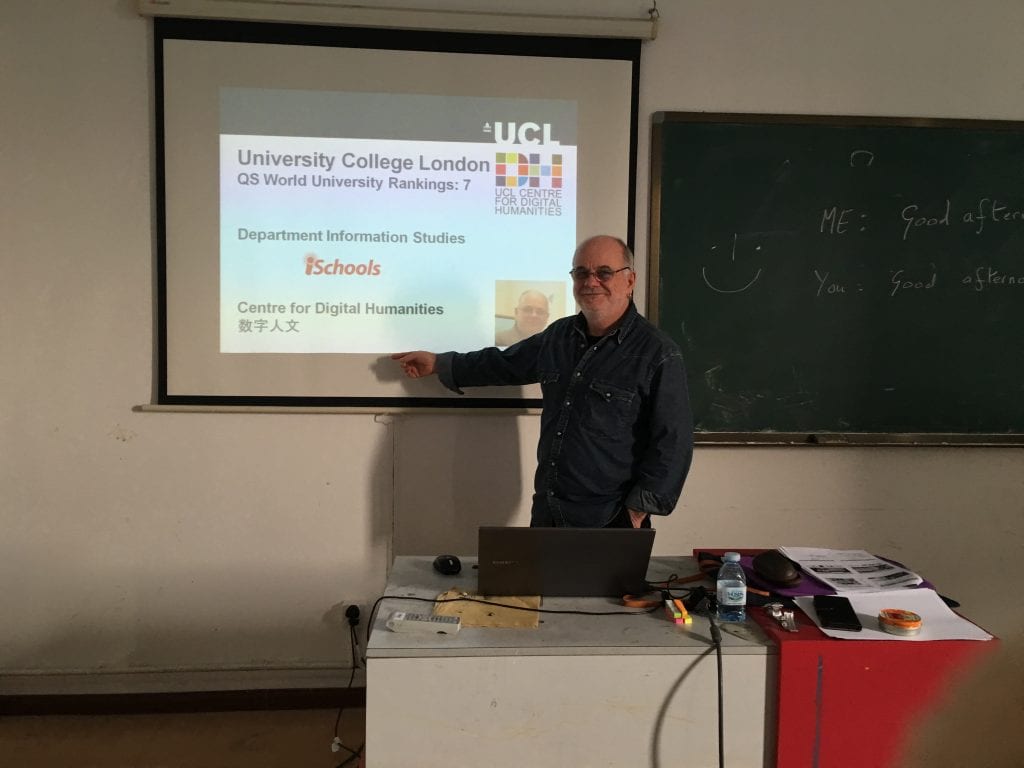
Introducing UCL at the start of the workshop with greetings on the chalk board.
Interestingly, I’m the only one not wearing a coat here and that only happened on the first day. Not only is there no internet connection or wifi in the teaching rooms (something we take for granted) but there is no heating either – only fans (look carefully at the photos below) to keep cool in the summer; apparently south of the Yellow River building regulations permit buildings with no heating.

Students in the teaching room – note the coats, hats and scarves.
A workstation and projector is set up in each room but my outstanding TA had to improvise as the remote control was missing (sounds familiar!). Much of my teaching material had been kindly translated by current UCLDH students but I still needed an interpreter/translator. Everything was presented in English and Chinese as they are all learning English too.
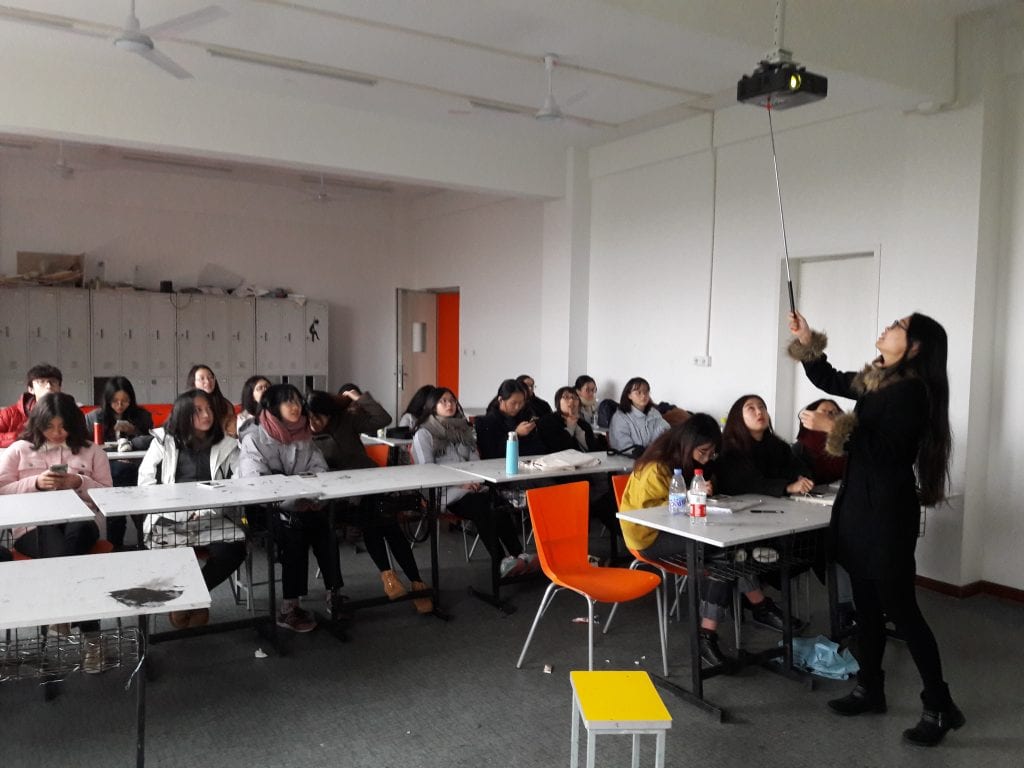
Analogue remote control in the hands of my outstanding TA & translator (Qiongpei Kong – UCL IoA alumna)
They felt sorry for me when the temperature dropped further and moved my class to the executive lecture room which has heating. The heater, however, only pointed at the lecture station and it was not possible to move it to warm the students who still needed their coats and scarves. Interestingly, no one sat in the front row (clearly a Chinese tradition too).

The executive lecture room – with heating but only for the lecturer.
As well as lectures, we had a series of group tutorials where we discussed the student projects while wearing many layers of clothing. As a Design Institute, they have very talented artists among the students. The images shown here were ideas for new style masks for the Peking Opera to encourage a younger audience. Interesting and considering how central it is to Chinese culture, only two projects featured food; others were concerned with opera, architecture, local dialects and one with traditional Chinese designs being used on sneakers.

Student tutorials – here featuring a new design for Opera masks.
On the final day of the workshop, the students presented their work. Without exception, it was all visually stunning (it is the foremost Institute of Design with high academic standards) and very impressive as they only had a short time to decide on and design their projects. Overall, what they managed with only a couple of days for preparation was really outstanding.
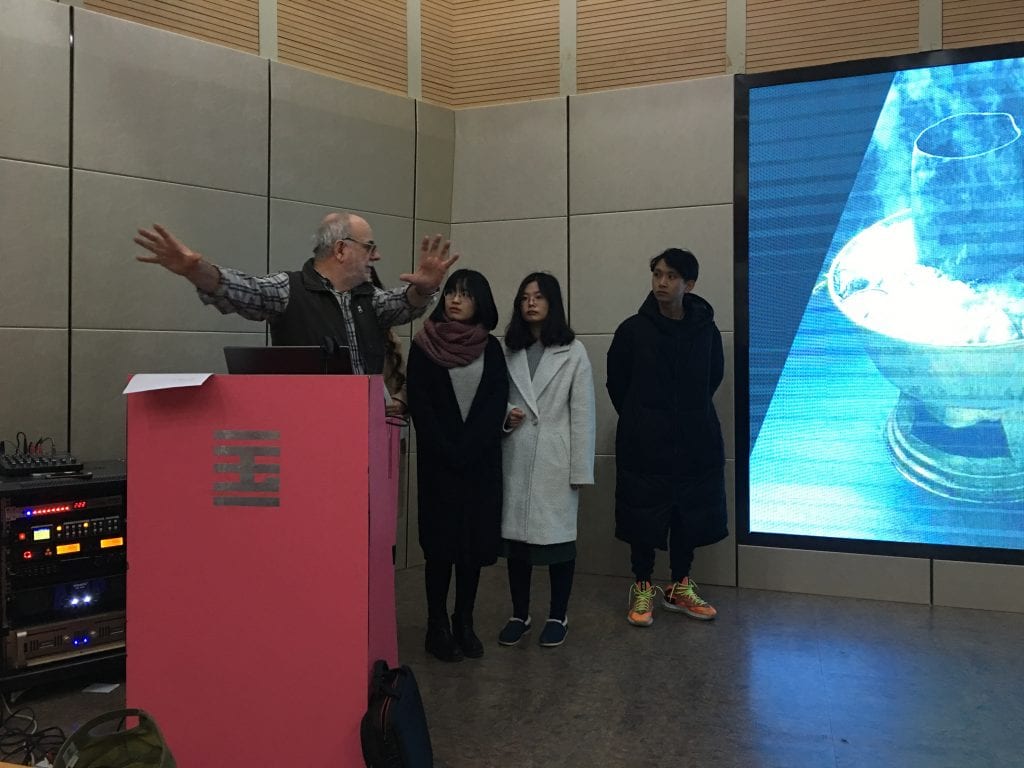
Giving feedback at the presentations
By the end of the week, the students were relaxed and comfortable, no longer shy. Those that spoke some English took pride in talking to me and forgave my extremely limited Mandarin.
I wrapped things up with a roundup and general remarks on their work as well as some thoughts on the value of education, cultural exchange and what we can learn from each other.

Wrapping up the presentations with my translator close at hand.
We had to schedule another half-hour at the end of the workshop for the mandatory photo session which starts with several group ones and finishes with individual and group ‘selfies’! These get shared across the Chinese social media platforms, particularly WeChat which is ubiquitous there.
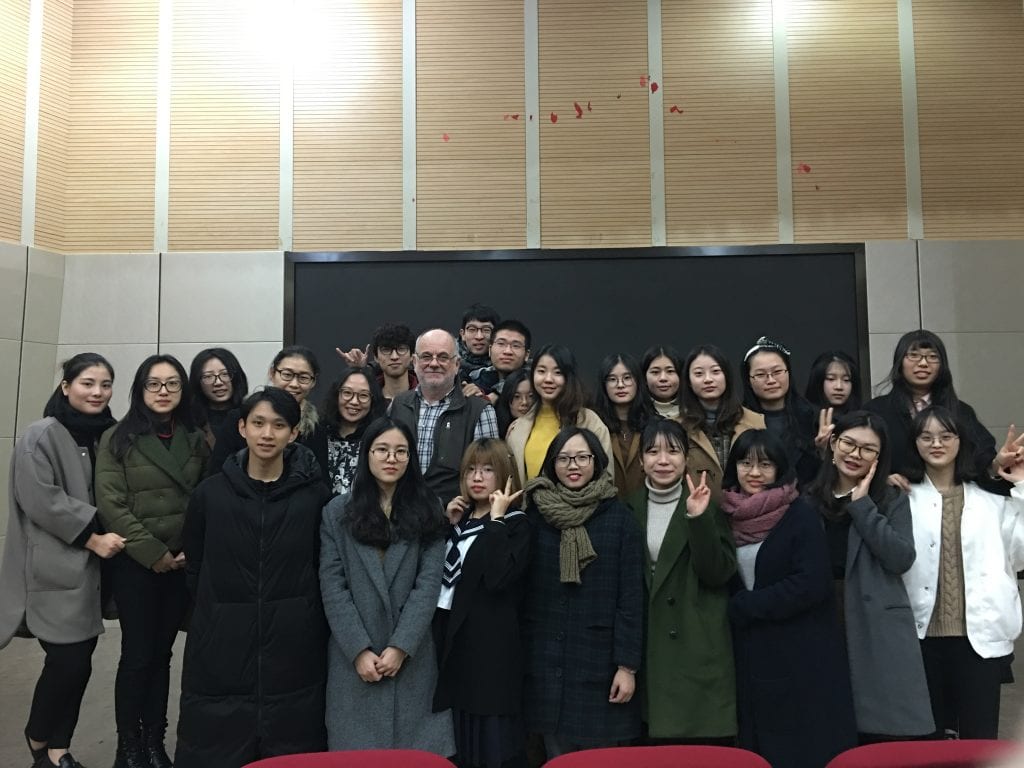
Group photo as the finale of the workshop
I need to add a few words about what I gained from this experience. Once again I enjoyed the warmth and hospitality of the Institute and particularly of the President, Professor Wu, who had invited me and who insisted on cooking (superbly and with great pride) almost every evening of my stay. But it goes further, I needed to research the history and legislation of the Internet in China, how it operates under the government’s control, legislation about Copyright and Intellectual Property and how these fit it in with the wider world. This was all new to me and will be fed into my own teaching about cultural and global differences. Above all, I learned more from the students about their culture, about their hopes and aspirations, about our similarities as well as our differences. The students were attentive and enthusiastic and I very much look forward to future visits.
 Close
Close


